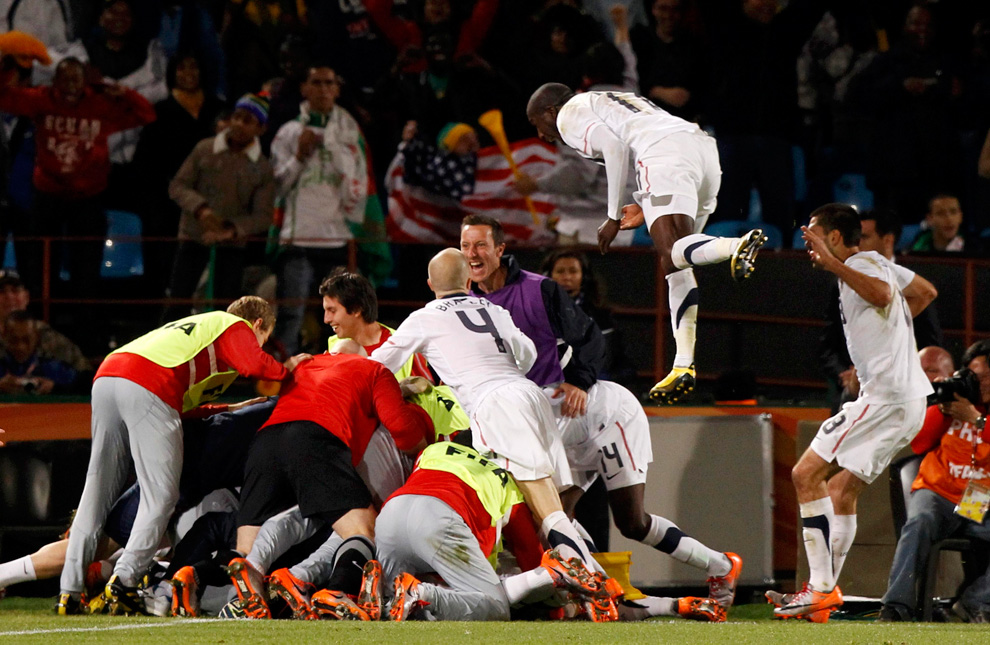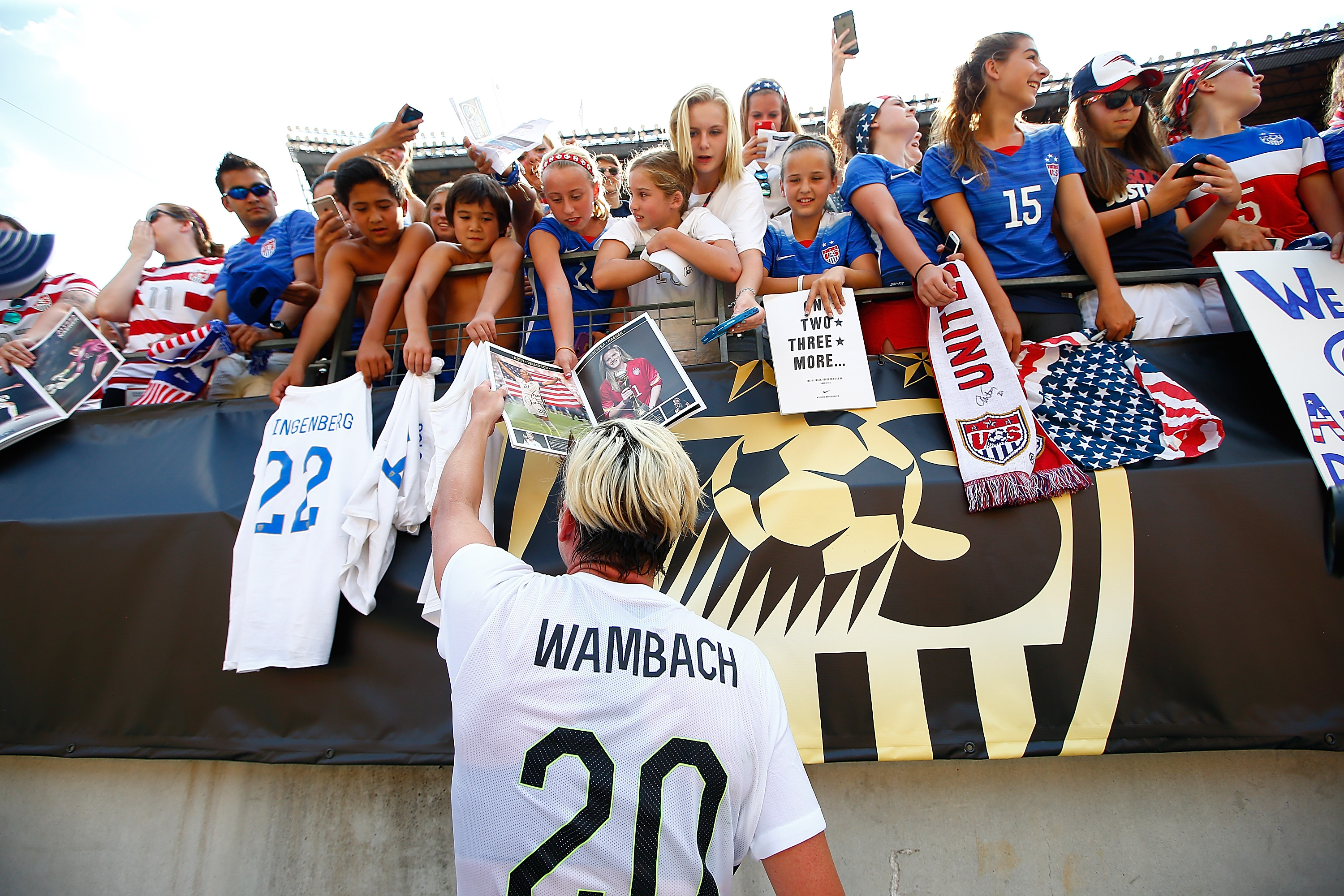Euro 2016 is the first Euro tournament where the field was expanded from 16 to 24 teams. This has caused some debate in terms of whether it was the right decision to go to 24 teams or stick with 16. I 100% understand why UEFA has decided to go to 24 teams, I just believe that they’re wrong in doing that.
UEFA expanding to 24 teams was fueled by the one thing that fuels just about everything, money. And that’s a very legitimate reason to do just that. Another eight teams mean an additional 20 games to the schedule due to two additional groups as well as a new Round of 16.
But what we got was a very watered down tournament that rewarded negative play. Sure, the tournament has seen a plethora of late goals that made things exciting but that doesn’t tell the entire story. Euro 2016 had nine more goals scored in the group stage than in Euro 2012 (with 16 teams) but because of the added teams, there were 12 more games (33% more) played in 2016 than 2012. And when there’s a system in place that abnormally rewards not conceding goals rather than scoring, you get a group stage where there is fewer than two goals scored per game (1.91 GPG in 2016 than 2.5 in 2012, 2.3 in 2008, 2.58 in 2004, 2.71 in 2000 and well you get the picture).
Because of that, there really wasn’t any pressure for the top teams to really do much to get a knockout stage spot. England was stagnant except for the second half of the Wales game. Italy seemed more interested in preserving 0-0 draws instead of winning. Portugal kept sputtering in neutral until there was a realistic possibility they would get knocked out and Portugal still couldn’t beat Hungary.
When 16 teams advance to the next round in a 24 team tournament instead of half of 16, it’s far easier to make the knockout stage and water down the group stage. The last two teams to advance, Portugal and Northern Ireland posted group stage results that would’ve resulted in them not even close to advancing in any other tournament. Portugal got through with three draws and Northern Ireland advanced with a win, two losses and just two goals scored in the group stage. With their +0 goal differential, Northern Ireland beat out Turkey and Albania for the third place knockout stage spots when they had identical records but -2 goal differential.
One response from who support the expanded tournament is that the expanded tournament and knockout stage has provided a chance for new nations to enjoy Euro success. That’s somewhat true because teams like Wales, Iceland, Hungary, Ireland and Northern Ireland are in the knockout stage and teams like Albania are there for the first time. But while that’s great, it’s not a youth tournament and an “everyone gets a trophy” situation. This is the European Championship and if you’re good enough like Wales has, you can advance without the added spots and not need eight additional spots to qualify or get into the knockout stage.
Also, while this gives teams like Hungary and Northern Ireland an opportunity to get into the knockout stage easier, it also makes it tougher for those teams to pull off a massive upset and win the entire tournament. Unlike the World Cup where the winner is usually a soccer superpower who is from the same continent as the host or the host itself, the Euros are way more unpredictable. Two of the biggest upsets in Euro history when Greece won in 2004 and Denmark won in 1992. Going from 16 to 24 teams mean an additional round in the knockout stage. And for teams like Greece and Denmark, that means another 90 or 120 minute game of survival as they tried to power through and win the tournament. That may still happen this year because one half of the bracket is more top heavy with European superpowers than the other half, though that’ll be an anomaly.
And before anyone mentions, yes the Euros expanded from eight to 16 teams after Denmark won in 1992 and Greece was still able to win under an expanded field in 2004. While true, there were more important reasons for UEFA to go from eight to 16 than 16 to 24 now. UEFA needed to expand after the breakup of the Soviet Union. Before that, there were 38 UEFA members. In the decade after and UEFA expanded from eight to 16 teams, there were 51 UEFA members. In the 16 to 24 team move, UEFA only added four new members to 55 during that time. So at least the move from eight to 16 was more justifiable than 16 to 24. And while it’s possible for someone to pull off a Denmark or Greece, it’ll be a bit tougher considering they must play an additional game now.
Regardless of whether UEFA should’ve stuck with 16 teams or made the right decision to go to 24 teams, it’s like Pandora’s Box. Now that there are 24 teams, there is no going back to 16 now so even if you are very much against 24 teams in the tournament, you just have to make the best of the situation. Enjoy the games because I’m sure once we get to the final rounds, the goals will come.






